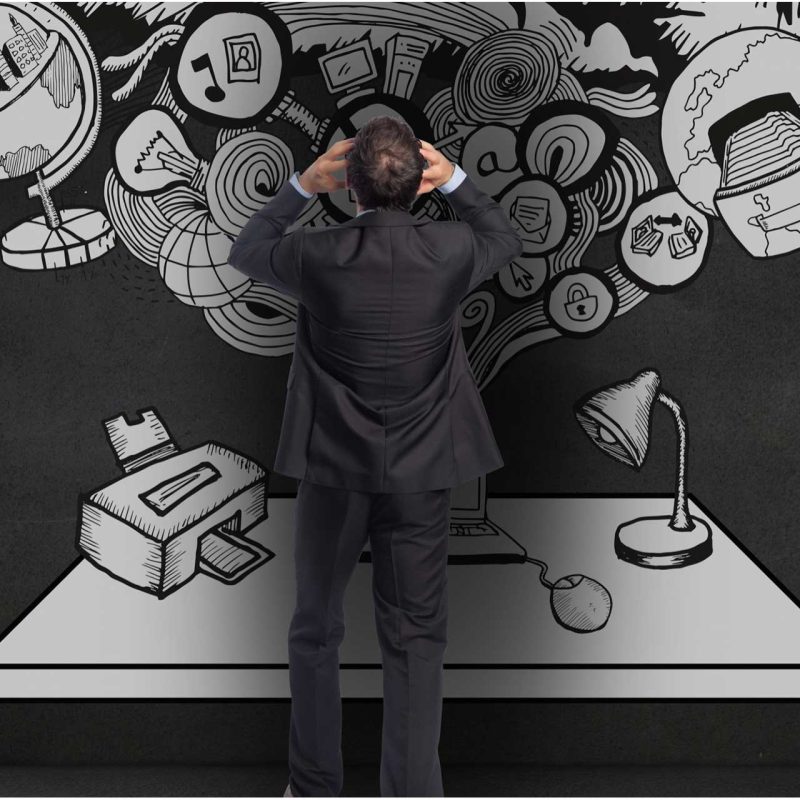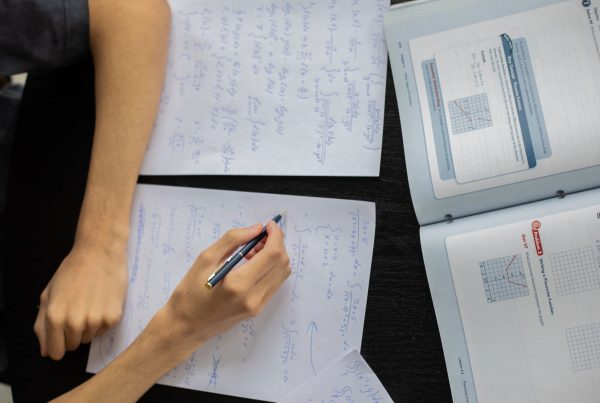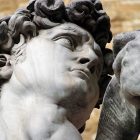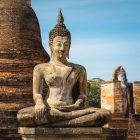 MODAL LOGIC
MODAL LOGIC
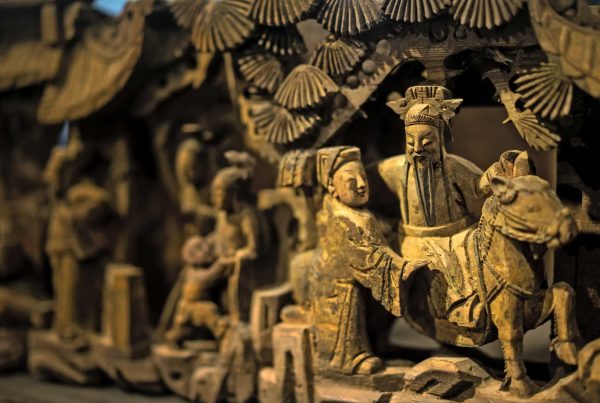 INDIAN PHILOSOPHY
INDIAN PHILOSOPHY
INDIAN PHILOSOPHY
 HEGELIANISM
HEGELIANISM
HEGELIANISM
 PREDICATE CALCULUS (PREDICATE LOGIC)
PREDICATE CALCULUS (PREDICATE LOGIC)
PREDICATE CALCULUS (PREDICATE LOGIC)
 PHILOSOPHY OF LAW
PHILOSOPHY OF LAW
PHILOSOPHY OF LAW
 THE PHILOSOPHICAL WRITING PROCESS
THE PHILOSOPHICAL WRITING PROCESS
THE PHILOSOPHICAL WRITING PROCESS
 RATIONALISM
RATIONALISM
RATIONALISM
 CLASSICAL PHILOSOPHY
CLASSICAL PHILOSOPHY
CLASSICAL PHILOSOPHY
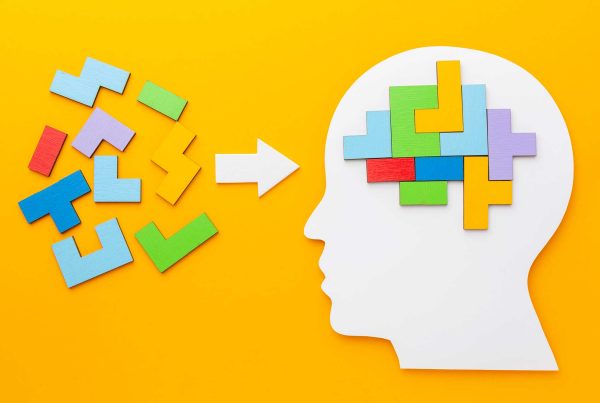 LOGICAL POSITIVISM
LOGICAL POSITIVISM
LOGICAL POSITIVISM
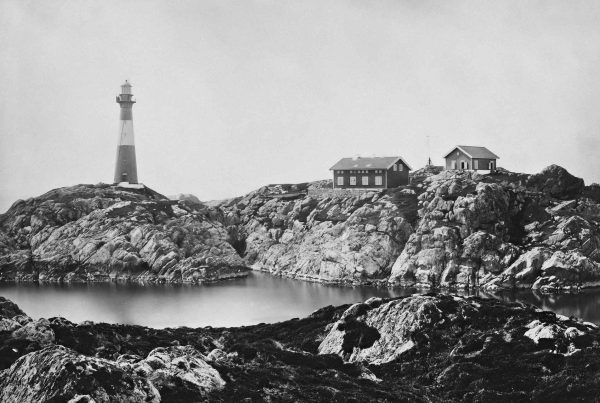 POST-KANTIAN PHILOSOPHY IN THE NINETEENTH CENTURY
POST-KANTIAN PHILOSOPHY IN THE NINETEENTH CENTURY
POST-KANTIAN PHILOSOPHY IN THE NINETEENTH CENTURY
 NATURAL PHILOSOPHY
NATURAL PHILOSOPHY
NATURAL PHILOSOPHY
 MIDDLE EASTERN TRADITIONS
MIDDLE EASTERN TRADITIONS
MIDDLE EASTERN TRADITIONS
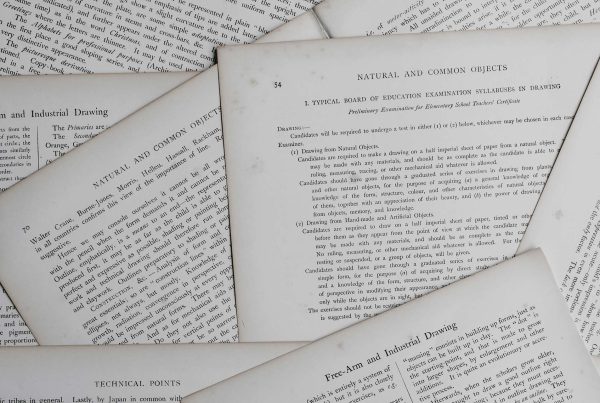 THE EXPOSITORY PAPER
THE EXPOSITORY PAPER
THE EXPOSITORY PAPER
 THE ELEATIC SCHOOL
THE ELEATIC SCHOOL
THE ELEATIC SCHOOL
 OTHER CATEGORIZATIONS OF PHILOSOPHICAL WRITING
OTHER CATEGORIZATIONS OF PHILOSOPHICAL WRITING
OTHER CATEGORIZATIONS OF PHILOSOPHICAL WRITING
Logic
Books
-
Meditations (A Penguin Classics Hardcover)
$13.79 -
No-Nonsense Buddhism for Beginners: Clear Answers to Burning Questions about Core Buddhist Teachings
$11.43 -
Analytic Philosophy and Avicenna (Routledge Studies in Islamic Philosophy)
$48.95 -
The Meditations of the Emperor Marcus Aurelius Antonius
$17.46 -
Context Changes Everything: How Constraints Create Coherence
$44.50 -
Pensées (Dover Thrift Editions: Philosophy)
$7.00 -
The Politics of Language
$37.95 -
The Happiness Hypothesis: Finding Modern Truth in Ancient Wisdom
$13.99 -
Walden: Complete Edition with Original Illustrations
$9.85 -
Think: A Compelling Introduction to Philosophy
$14.47 -
The Return of the Primitive: The Anti-Industrial Revolution
$18.00 -
A Semiotic Theory of Community: Josiah Royce’s Absolute Pragmatism (American Philosophy Series)
$95.00 -
Self-Reliance and Other Essays with Original Illustrations
$9.75 -
What We Owe the Future
$18.59
Reexamining Spacetime Substantivalism: A Critique of Modal Arbitrariness and Determinism in Teitel’s Framework
Reexamining Spacetime Substantivalism: A Critique of Modal Arbitrariness and Determinism in Teitel’s Framework
Rule-Following and Artificial Intelligence: A Kripkean Perspective
The Eternal Coexistence of Consciousness and Spacetime: A Philosophical Inquiry
Embracing Contradiction: An In-Depth Analysis of Dialetheism
Analysis of, and Responses to Edmund Gettier’s “Is Justified True Belief Knowledge?”
The Unstable Foundation: A Critique of the Ontological Proof of God’s Existence
Meta-Modal Actuality: A Dynamic Framework for Possibility, Actualization, and Causality
Killing, Morality, and the Human Condition: A Philosophical Investigation
The Intricacy of Existence: A Philosophical Exploration of Complexity, Contingency, and Divine Agency
The Ethics of Procreation and the Rational Acceptance of Life: A Critical Engagement with Weinberg’s Argument
Imagination, Consciousness, and the Nature of the Soul: A Philosophical Inquiry
The Interplay of Karma, Rebirth, and Non-Self in Buddhist Philosophy: A Metaphysical Inquiry
Metaphysical Perspectives: A Comparative Analysis of Theism and Atheism
The Infinite Universe, Death, and the Search for Meaning: A Philosophical Exploration of Existence, the Divine, and Human Mortality
The Unconscious Artistry of Artificial Intelligence: A Modern Reflection on Spinoza’s God and the Blind Watchmaker
The Ethics of Procreation and the Rational Acceptance of Life: A Critical Engagement with Weinberg’s Argument
Terms & Concepts
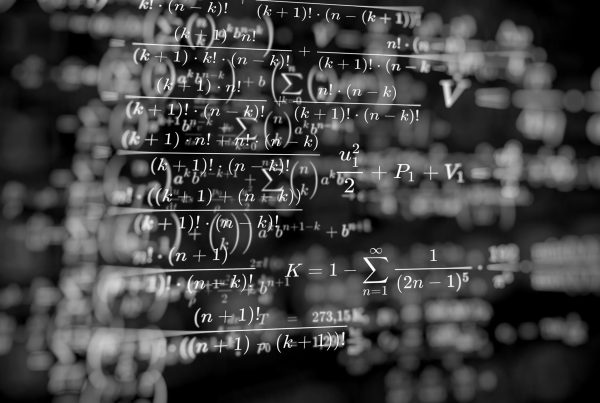
Universal quantifier




































